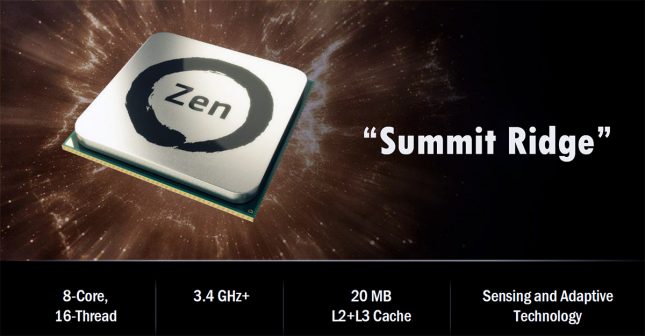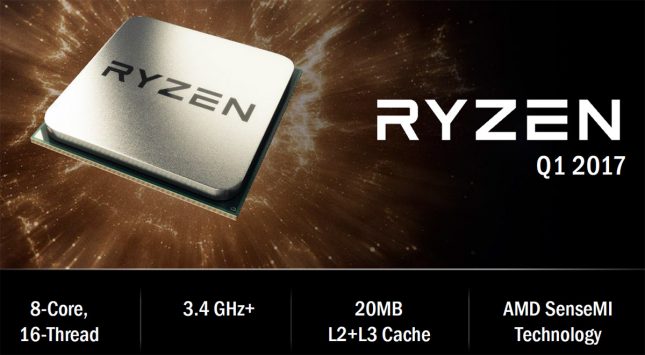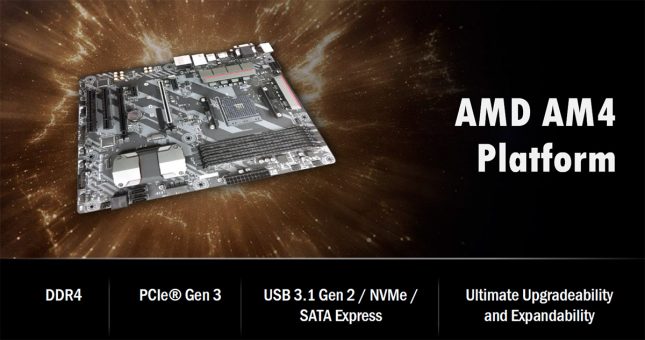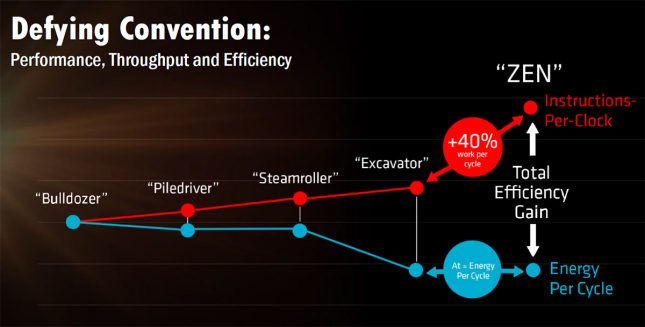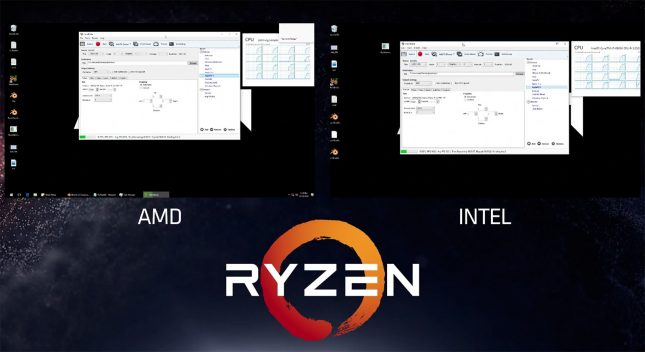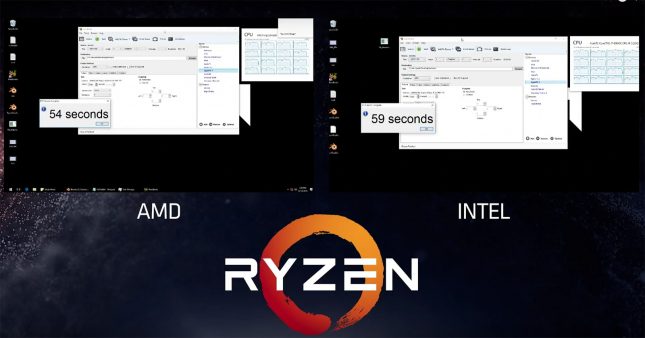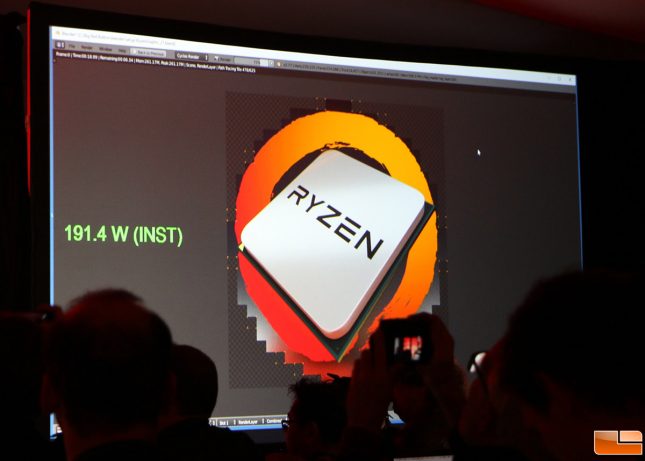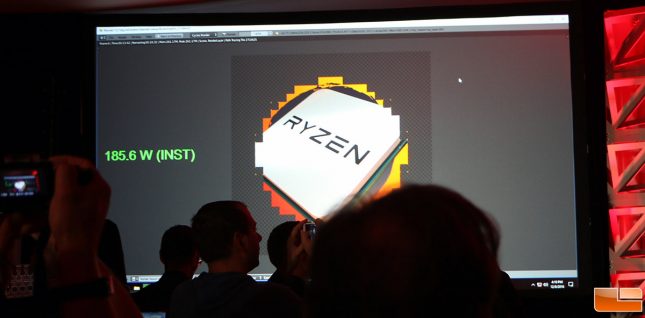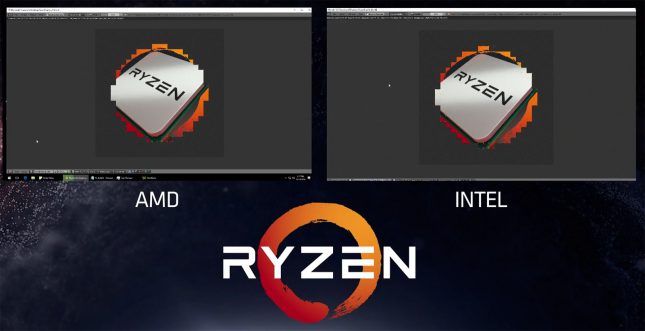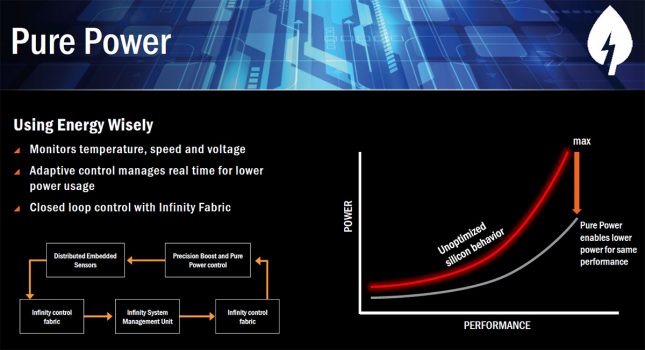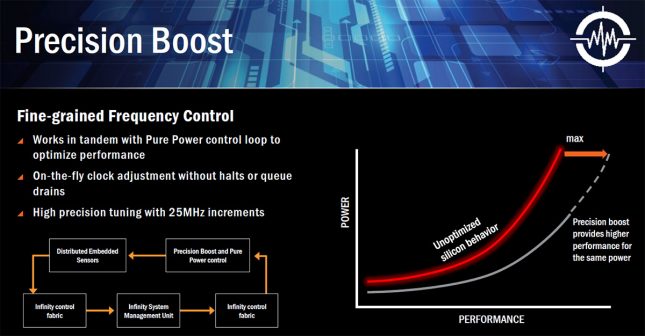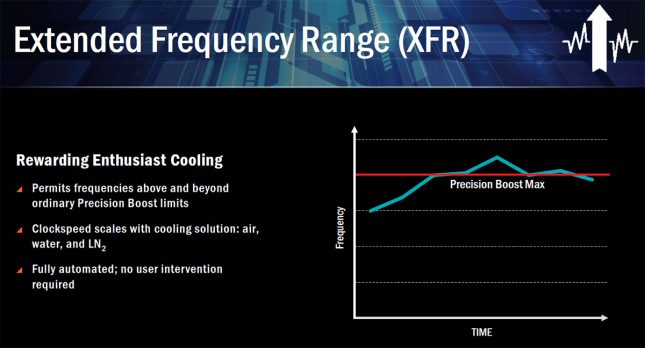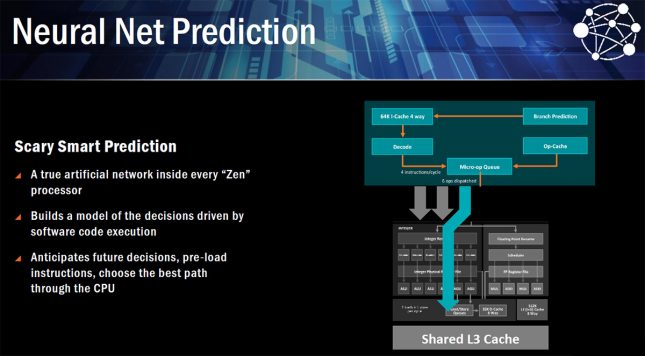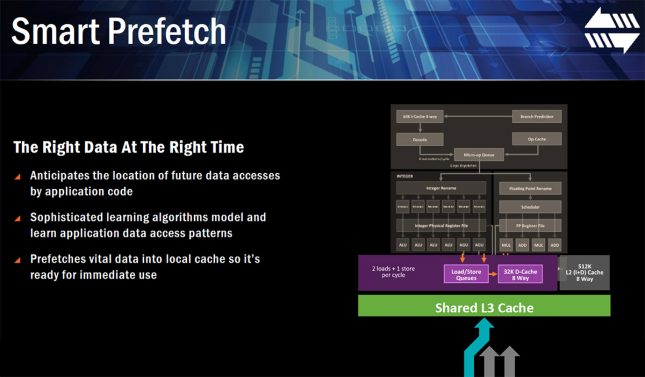AMD Ryzen 8-Core Processors Running Over 3.4 GHz with 20 MB Cache Coming Q1 2017
Legit Reviews first started talking about Ryzen nearly two weeks ago and it turns out that we were onto something. The new name for AMD Summit Ridge Zen processors is indeed Ryzen! We thought it was going to be pronounced risen, but it is really pronounced Ry-Zen.
AMD’s Ryzen processor series will be released sometime in Q1 2017 and that it will have 8 cores, 16 threads, 20 MB of total cache with a clock speed of over 3.40 GHz. From what we gather with the leaks is that AMD is still finalizing clock speeds, but they are certain that some Ryzen processors will be shipping with base clocks over 3.4 GHz! This is great news for AMD and we cant wait to learn how high they can get the final clock speeds and what Turbo speeds they will be able to hit. We also cant wait to see how Ryzen CPUs will compare to Intels Broadwell-E and Skylake/Kaby Lake CPU series.
AMD Ryzen processors will be using the AMD AM4 platform that features all the latest technologies like DDR4, PCIe Gen 3, USB 3.1 Gen 2, NVMe and SATA Express for the ultimate upgradeability and expandability. The board pictures is likely just one of many AMD AM4 boards that will be released in Q1 2017 along with AMD Ryzen processors.
AMD’s claims of a 40% Instructions Per Clock (IPC) improvement over the Excavator core was a huge goal of AMD and it is one that they feel that they have been able to meet. This would put Zen IPC pretty damn close to that of Intel Skylake processors and is a good sign that AMD is on-track to be competitive again in the CPU market.
AMD showed off a Handbrake demo that is an OpenSource software. They were comparing a Ryzen 3.4 GHz without boost enabled versus an Intel Core i7-6900K 3.7 GHz processor at stock settings. The two processors are both 8-c0re processors with 20 MB of Cache, so it is a pretty fair comparison.
The AMD Ryzen processor was FIVE seconds ahead of the Intel Core i7-6900K processor and AMD was really happy with that as they called Ryzen a yet to be tuned processor. This is nearly a 10% performance lead over the Intel Core i7-6900K processor. Once AMD Boost is enabled this score should improve AMD’s performance lead on Ryzen.
For really high-end CPU workloads there was a Blender demo where the Intel Core i7-6900K used ~191 Watts of power (shown above) versus about 186 Watts of power (shown below) on the AMD Ryzen at 3.4 GHz without boost.
This is very impressive as it shows that AMD’s processor has solid performance and is also close to the efficiency of Intel’s Broadwell-E LGA2011-V3 platform. We know that different motherboards have greater than a 10-20W power variance within the same chipset family depending on what components are used on it, so this is a good sign.
AMD said that Ryzen will be a 95W TDP part and that is easily performs right with the Intel Core i7-6900K processor that is rated at 140W TDP and costs $1100.
AMD is rolling our SenseMI Technology branding with Ryzen and that is actually made up of five new technologies; Pure Power, Precision Boost, Extended Frequency Range, Neural Net Prediction and Smart Prefect.
First is AMD Pure Power technology that measures the processor temperature and voltage to optimize clock speeds and voltages that the Ryzen processor will run at in real time. AMD is using what they call ‘Infinity Fabric’ that has ‘Distributed Embedded Sensors” in it to ensure the optimal power state is always being used to improve performance and power efficiency.
AMD Precision Boost is similar to Intel Turbo Boost and will offer AMD Ryzen processors to have on-the-fly overclocking adjustment! AMD Precision Boost works in 25 MHz increments, which is much more refined than Intel’s 100 MHz increments used on their Turbo Boost solution.
AMD Ryzen processors also appear to have a new feature called eXtended Frequency Range (XFR) that allows the processor to basically overclock above and beyond normal Precision Boost limits if your CPU cooling solution is good enough. Having a clock speed that scales with your CPUs cooling solution is good news for makers of enthusiast water cooling solutions and extreme overclockers using LN2. The best part of all this is that it is all fully automated, so end users wont have to do anything. The processor is now smart enough to know what you are doing with it and will enable higher clock speeds as the system gets cooler.
AMD also says that they now have Neural Net Prediction inside ever Zen processor that anticipates future decisions and allows the pre-load of instruction sets and choose the best path through the CPU. This sounds pretty similar to a Neural Branch Predictor, but we’ll see what the future holds.
AMD Smart Prefecth anticipates the location of future data accesses by application code using sophisticated learning algorithms model and application data access patterns to prefetch data into the cache.

